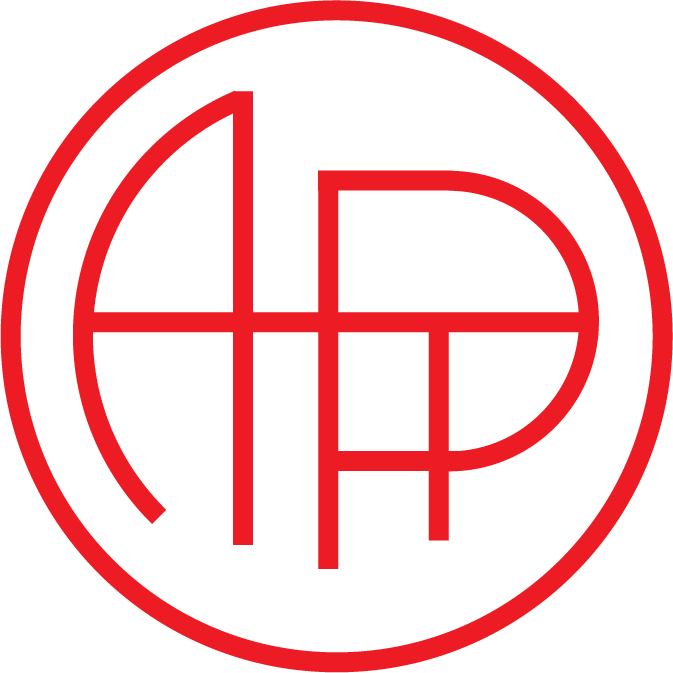Science Communication Presentations from the University of Guelph
October 22, 2022 Filed in:
ArticlesOrbax, Production Specialist for Physics Education Content, Department of Physics, University of Guelph
orbax@uoguelph.ca
Greetings educators! Orbax here from the Department of Physics at the University of Guelph.
When I went to university for physics in the late 90s, “science communication” as we know it now did not exist. Our science communicators were there, but it seemed like it was much more of a journey to find them then than it is now. Television (both high-end productions and cable access), radio, print media… these were the ways in which we found science communication mostly born out of a necessity to demystify some of the more obscure elements of our profession as well as a way to combat some of the pseudoscience that was rampant in the media.
Fast forward a few decades and science communication is everywhere! Literally in our pockets and on our phones at all times. Some of the biggest YouTube channels out there are sci comm channels and even abbreviations like sci comm have made their way into our lexicon.
At the University of Guelph, Physics Education research has long been a field of interest and Science Communication is something we take particular interest in. In 2017 Dr. Joanne O’Meara created a class that is now known as IPS3000, a third-year science communication course which is a requirement of all our Physics Undergrads. In this class they focus on, and are required to produce, science communication in all its forms from scholarly essays to podcasts to videos to even newspaper articles!
This year the course is being taught by Dr. Alex Gezerlis and we are looking for high school classes who would be interested in participating to help our physics students become better communicators. Our undergrads have been honing their public speaking skills and have developed a series of 6-7 minute presentations that they would like to livestream directly to your classrooms.
Topics include:
- How to catch a fly ball
- The physics of the ski jump
- Turn right to go... left?
- Biking with the wind
- How to launch a satellite with magnets
- DART’s for planetary defence
- Launching NASA's Juno mission to Jupiter
We would expect these talks to take about 10 minutes in total including a Q&A and we could batch 3 or 4 together at a time. This would hopefully take place November 15 and 17, 1:00-2:20 pm and/or November 18 2:30-5:20 pm. We completely understand that there would be difficulties aligning these time slots with your classes but we’re excited by the possibility of connecting with you or your students! Conversely, we could investigate pre-recorded sessions to be run at a more convenient time. In many ways something that our students should learn is that communication is all about adaptability and so we’d be happy to work with you to deliver something that meets your needs.
Should you be interested feel free to reach out to me at
orbax@uoguelph.ca and we can let our students share their excitement with your students!
Take care and have a science-tastic day!
Tags: Forces, Kinematics, Magnetism, Motion, STEM

